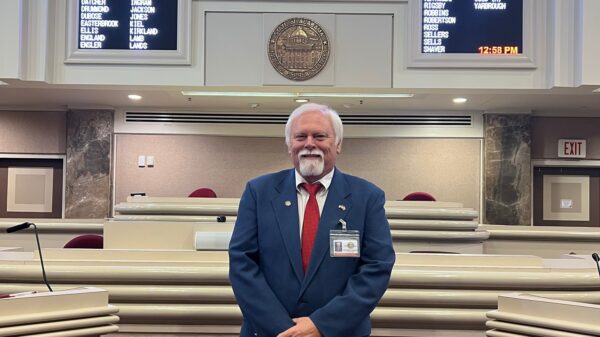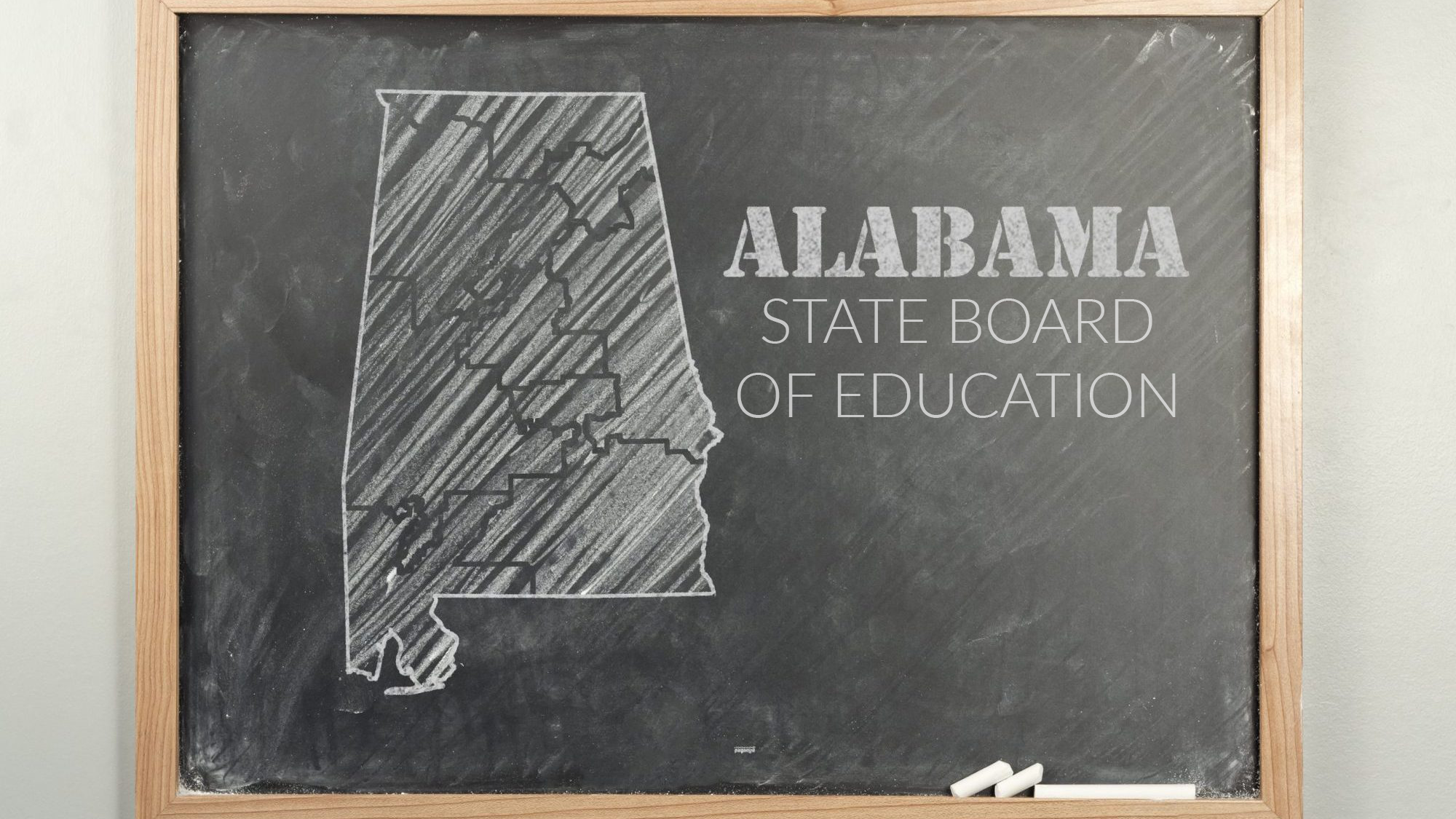So, you want to appoint the state school board?
According to Senate President Pro Tem Del Marsh, all of the voting we’ve been doing to elect state school board members is one of the biggest problems with public education in Alabama, and he wants to stop it. The stupid voters have screwed this up enough for him, and so he wants to let the elected leaders in Montgomery — who rarely have managed to stumble and fall into competency when it comes to anything remotely education-related — pick the school board for the stupid voters.
Marsh has a bill in the Legislature that would transform the state school board from an elected board to an appointed commission.
This would be the second education commission that Marsh has created in Alabama — the first being the charter school commission — and his first is a lesson in how appointing a board doesn’t remove the politics, it only increases the likelihood that the commission members will be beholden to a particular politician or ideology and will shirk responsibility and regulations to please both.
Or to use less words: The charter school commission is a joke.
It is a group of people that have, as far as I can tell, ignored pretty much every rule and every promise made in their singular quest to approve charter schools, no matter how unprepared or poorly managed those charter schools might be.
It’s so bad that on Tuesday, several members of Marsh’s party took turns in the Alabama House criticizing the charter school commission’s lack of oversight, its common and routine mistakes and its lack of due diligence in approving these schools.
Those lawmakers mostly focused on the commission’s approval of a charter school in Washington County. Despite massive public push-back against that charter — and despite the local schools performing quite well — the commission approved Woodland Prep on the basis of an application that was rejected by the National Association of Charter School Authorizers and the fabricated endorsements of several educators who later requested their names be removed that application.
But while that Woodland Prep approval is as awful as we first reported at APR, it’s just the tip of the iceberg when it comes to the charter school commission.
In its quest to fulfill its goal of approving charters, the commission has ditched the NACSA and the national standards that lawmakers, including Marsh, promised would be applied to any charter school opening in this state. Instead, the majority of applications are now graded by the Auburn Center for Evaluation.
If you’ve never heard of the Auburn Center for Evaluation, well, there’s no reason you should have. From all indications, it’s a fine group of people who have contracts with a number of entities, including the U.S. Department of Agriculture, to evaluate various efficiencies.
The Center picked up a contract with the Alabama Department of Education to review charter school applications last September. At the time, not a single person on the Center’s staff had ever reviewed a charter school applications.
Dan Henry, the executive director of the Center, said that wasn’t a concern, since the Center’s staff was provided a rubric by ALSDE which each application had to meet. If it met the specifications in the rubric, the Center’s staff approved it. If it didn’t, the staff didn’t approve. That simple.
Except that, well, it’s not that simple.
The NACSA was also working off a rubric, and it had experienced evaluators picking the various portions of an application apart. So, while an applicant might meet the rubric’s requirement of a detailed staffing plan, the NACSA was also judging that plan based on the real-world application of the specifics contained in that plan.
That’s why the NACSA was rejecting so many of the applications that flowed through the Alabama Charter School Commission. And that’s why the Auburn Center for Evaluation was approving so many. (To be clear, that doesn’t mean that the Center was doing anything wrong. It was performing the task it was asked to do by ALSDE, and by all accounts was performing it well.)
This is what happens when you appoint a commission. It becomes beholden to an ideology. Opposing viewpoints are nonexistent. And corners get cut in the name of achieving a political goal.











































